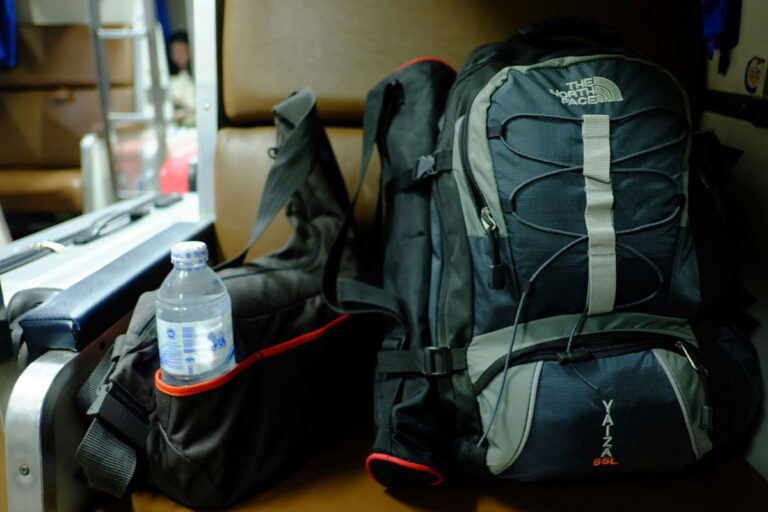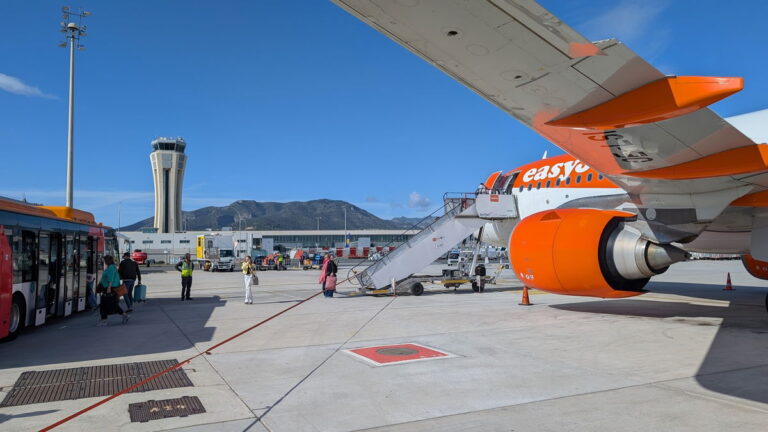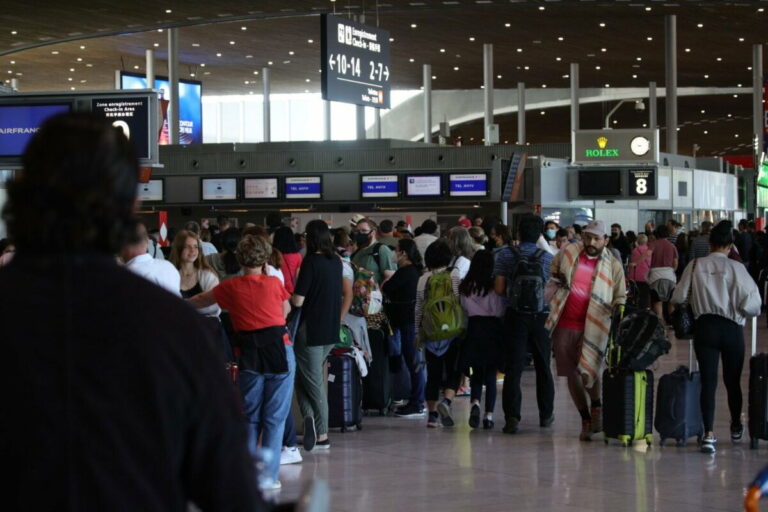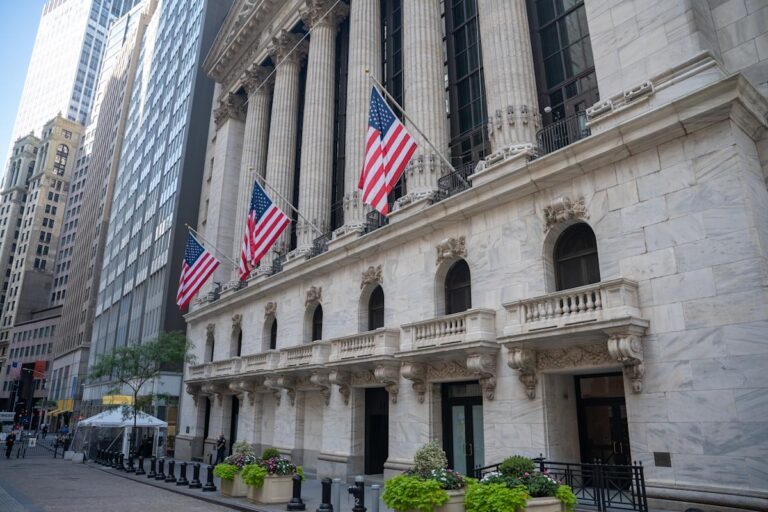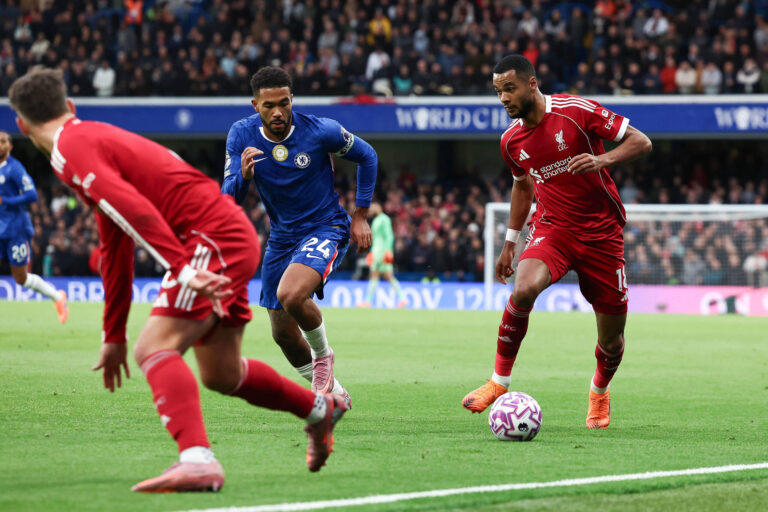
A tradition waiting to be discovered. Credit: Ideal Property Mallorca
Mallorca is famous for its beaches, but it also hides a quieter, more authentic side that is often overlooked by visitors. Venture away from the more touristy areas and into the island’s interior, and you’ll discover enchanting rural landscapes, picturesque villages, and a winemaking tradition that dates back centuries. Enotourism, a fast-growing sector on the island, offers a unique opportunity to explore a different Mallorca—far from the beaten track—with an experience that blends nature, culture, and history.
Wine Tourism in Mallorca: A tradition waiting to be discovered
In recent years, Mallorca has gained a prominent place in the world of wine, with renowned wineries and a wine production increasingly appreciated not only by locals but also as an export product. But take note: many of Mallorca’s finest wines can only be tasted and enjoyed at the island’s wineries or restaurants. So if you’re a wine lover, don’t miss the chance to embark on a tour of Mallorcan vineyards, where wine meets the island’s rich history and tradition.
Mallorcan wine is now synonymous with quality, thanks to two Denominations of Origin—Binissalem and Pla i Llevant—that represent the heart of the island’s wine production. Pla i Llevant, the first area to receive Denomination of Origin status in 1993, stretches from the east to the centre of the island and is home to some of the oldest wineries. Here, visitors can learn about centuries-old viticulture traditions while also discovering the innovation that characterises today’s local producers.
In Binissalem, one of the island’s most renowned wine regions, wineries craft signature wines—exclusive labels that reflect the unique character of the land. Local grape varieties such as Manto Negro for bold, fruity reds and Prensal Blanc for crisp whites have become symbols of Mallorcan wine quality.
Moreover, the Binissalem Wine Route, which runs through the villages of Santa María del Camí, Consell, Sencelles, and Santa Eugenia, is one of the most popular trails among wine tourists. In these places, winemaking is an art rooted in centuries of tradition, and it continues to produce high-quality wines that tell the story of Mallorcan soil. The beauty of these landscapes, combined with the chance to taste wine right where it’s made, makes the experience even more immersive.
Today, Mallorca boasts around 70 wineries, and many winemakers have opened their doors to visitors for wine tastings and guided tours. This has made the island one of the top destinations for wine tourism, allowing guests to experience first-hand the local winemaking culture. Some wineries along the Binissalem Wine Route even offer culinary experiences where wine is paired with traditional Mallorcan dishes—creating a perfect harmony of local flavours.
Why choose a rural holiday home
If you want to explore Mallorca’s countryside in a genuine and independent way and enjoy a full-on wine tourism experience, a rural self catering accommodation in Mallorca is the ideal option. These homes, located near wineries, let you explore the island at your own pace—free from the restrictions of a hotel, but with the comfort of a fully equipped house. After a day spent visiting vineyards and local cellars, you can relax in your private garden with a glass of wine, soaking in the peace that only the island’s interior can offer.
In addition to the freedom of discovering Mallorca your own way, staying in a rustic holiday home also gives you easy access to many food and wine routes. These paths lead to some of the best wineries and restaurants on the island, where you can enjoy signature wines and explore the local culinary traditions. Whether you’re looking for a countryside farmhouse nestled among the vineyards or a villa with a private pool, the available options let you fully experience the beauty and serenity of the island.
You can book a holiday rental here, where you’ll find a wide selection of accommodations designed to suit every need.
Sponsored

